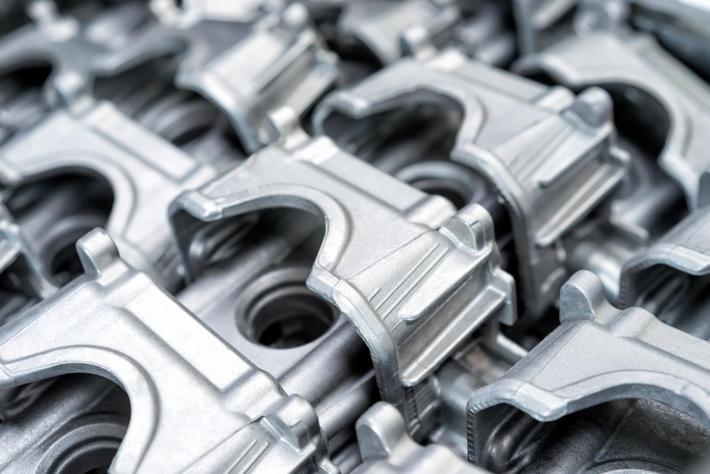
The nuclear choice is a path to relaunching the European aluminum industry
Nuclear energy must be considered as a resource of fundamental importance for the European Union, not only in the fight against climate change through decarbonisation, but also to promote the reindustrialisation of the old continent, including of course the return to the production of primary aluminium, which is dramatically disappearing Europe.
It is true that the extraordinary development of the production of high quality recycled aluminum has greatly compensated for the need for primary light metal, of which the EU has now reached a risky deficit of over 80% of its needs, but it is mathematically certain that the secondary in no way fill our needs for raw aluminum in future years.
According to a recent model by the International Aluminum Institute, in the best case scenario and with huge organizational efforts, in 2050 the production of secondary aluminum in the world could slightly exceed the target of 80 million tonnes, considering an estimated overall need for the light metal of 150 million of tons.
The EA (European Aluminium Association), for its part, predicts that in the most optimistic scenario on aluminum recycling, only 50% of the EU's demand for light metal will be able to be satisfied by the secondary metal in 2050.
Europe is committed to achieving ambitious emissions reduction targets, and nuclear energy offers a concrete solution to reduce carbon emissions into the atmosphere. Thanks to its ability to generate electricity without producing greenhouse gas emissions, it effectively represents a reliable, capable of supporting an efficient and effective energy transition, and can at the same time play an important role in the reindustrialization and rebirth of primary aluminum production in the EU, finally making access to this raw material competitive for the domestic downstream sector, currently burdened by an incomprehensible duty on the import of the raw material.
Restarting primary aluminum production in Europe and defining a balanced crude oil trading policy would not only contribute to eco-sustainability and reduce dependence on imports, but also create new jobs and stimulate economic growth. Maximizing the use of nuclear energy for the decarbonisation and reindustrialisation of Europe requires a joint commitment from governments, industries and communities. Investment in research and innovation in the nuclear sector must be encouraged to develop cutting-edge technologies that ensure even safer, more efficient, abundant and economical nuclear energy production.
Source: A&L Aluminium Alloys Pressure Diecasting Foundry Tecniques


